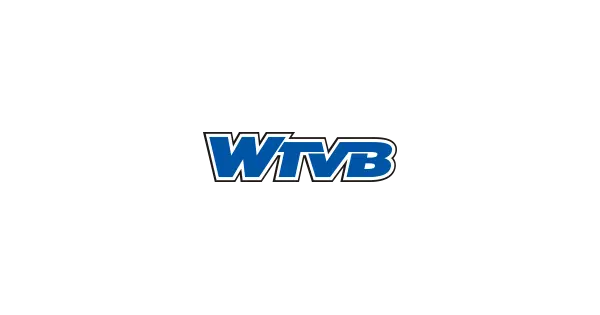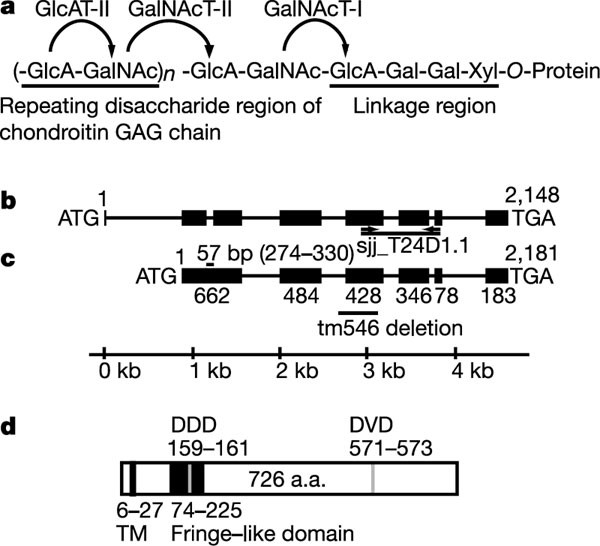
- Select a language for the TTS:
- UK English Female
- UK English Male
- US English Female
- US English Male
- Australian Female
- Australian Male
- Language selected: (auto detect) - EN
Play all audios:
Commissioned by Armed Forces charity SSAFA, the poll shows how millennials - people who entered adulthood around the start of the 21st century - struggle with basic facts about the Great
War. And the Churchill clanger comes despite a huge surge in interest in Britain’s Second World War leader thanks to Oscar-nominated film Darkest Hour which has just won Gary Oldman a Best
Actor Bafta for his role as the legendary PM. Fifty-eight percent of millennials did not know that Liberal Prime Minister Herbert Asquith took Britain into the First World War before
resigning amid political conflict in December 1916 and being succeeded by his War Secretary David Lloyd George. One in five wrongly believe Britain fought against France rather than the
Germany in the war. The survey highlighted the huge gulf between millennials’ knowledge of the war and that of Generation X – those born between the early 1960s and late 1970s – and baby
boomers born in the years after World War 2. The majority of both groups knew that Liberal Prime Minister Herbert Asquith took Britain into the First World War before resigning amid
political conflict in December 1916 to be succeeded by his War Secretary David Lloyd George. Fewer than half of millennials knew the assassination of Archduke Franz Ferdinand led to the
outbreak of the First World War, with 6 per cent suggesting it started after President John F Kennedy was shot dead. When asked to identify historic events from the First World War, 16 per
cent of millennials incorrectly listed Pearl Harbour, 8 per cent Independence Day, 7 per cent the Battle of Hastings, and 4 per cent the Great Fire of London. Justine Baynes, director of
SSAFA, said: “Millennials are the first generation who may not have known a family member who fought in World War One so it’s not surprising that there may be a lack of knowledge about the
war. “The further we move away from the conflict, the more important it becomes to keep the World War One stories of bravery and courage alive and commemorate those who gave up their lives
for our country.” OnePoll questioned 2,000 adults across Britain to mark the centenary of the end of the war.








